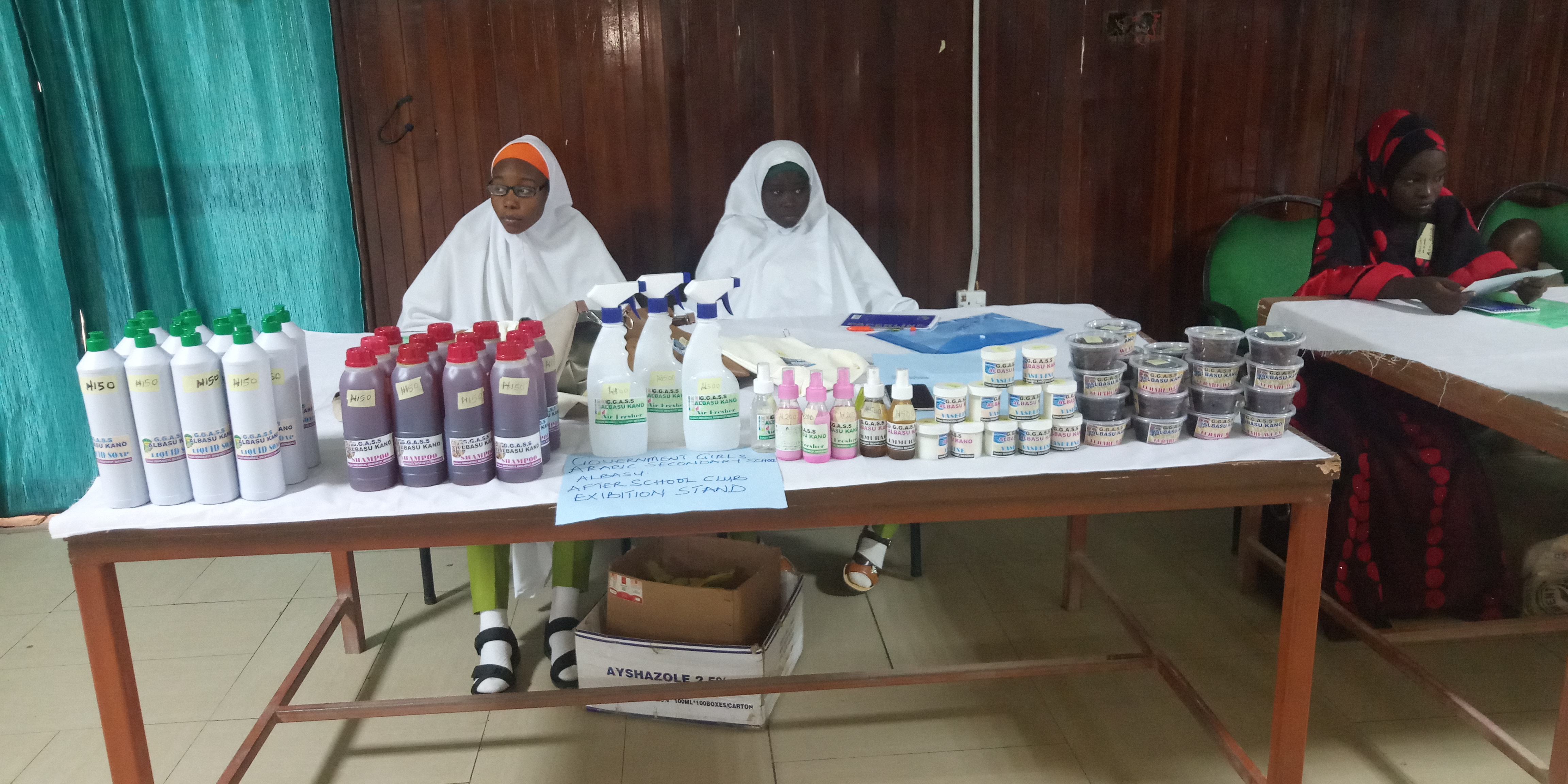dRPC disseminates learning from #Skill4Girls4Life project to stakeholders
The development Research and Projects Centre (dRPC) under the MacArthur Foundation-funded Partnership to Strengthen Innovation and Practice in Secondary Education (PSIPSE) project, Monday held a dissemination workshop on the achievements, success stories and challenges of the PSIPSE project, for stakeholders and beneficiaries of the project from Kano and Jigawa states.

The workshop which was held in Kano was aimed at sharing best practices and lessons learnt from the implementation of PSIPSE project also known as #Skill4Girls4Life; it was also an opportunity for the project beneficiaries to share their experiences of participating in the project with stakeholders.
While providing an overview of the project, Dr Yahaya Hashim of development Research and Projects Centre said the project commenced in April 2013 with series of activities across 33 selected Local Government Areas (LGAs) of Kano and Jigawa states adding that for the start of the project, series of trainings and study tour activities were carried out to build the capacity of teachers to teach well.
“In the course of the project implementation, we collaborated with the Nigerian Educational Research and Development Council (NERDC) to support the review of the curriculum on entrepreneurship and civic education and involved the School-Based Management Committees (SBMCs) and Community-Based Organisations (CBOs); we also collaborated with the National Institute for Policy and Strategic Studies (NIPSS) to strengthen the capacity of relevant Ministries, Departments and Agencies (MDAs) in relation to the project. In total, 10,000 girls have benefitted from the project since 2013,” said Dr Hashim.
He however said the major challenges faced in the course of implementing the project were to do with transfer of teachers trained under the project to other schools, which disrupted learning process for the girls out of whose schools the teachers were transferred, as well the implementation of the Memorandum of Understanding signed between dRPC and the state governments.
Speaking at the workshop, Dr. Nnanna O. Eleri, Director of the Library and Informatics Centre at NERDC urged the governments of Kano and Jigawa states to integrate learning from the PSIPSE project into their human capital development plans adding that doing so will go a long way in liberating young girls from the shackles of wasteful living.
Khadija Garba from Jigawa state is one of the beneficiaries of Early Childhood Development (ECD) component of PSIPSE; she was trained on how to set up an ECD preschool after which she successfully established a kindergarten at her native Malam Madori kindergarten in June 2019, which currently has 150 students. “This project has impacted my life; I found teaching to be more interesting and helpful than hawking in the street,” she said.
Asmau Suleiman, Director of Government Girls Secondary School (GGSS), Malam Madori, from where Khadija graduated, said hundreds of girls from her school had benefitted from the project. “The students learn basic handcraft skills that they can make a living from. Some of the students were taught how to sew cloths and bags; some were taught how to produce air fresheners while some learnt how to produce doughnuts, cakes and more,” she said.










